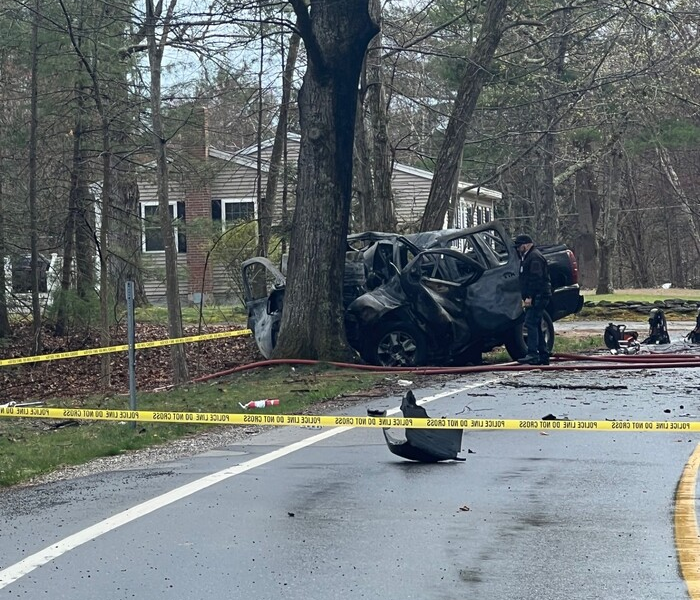A new proposal in Vermont would do away with the concept of lunch money.
Instead, if a newly-filed bill becomes law, public schools would provide meals to each and every student, regardless of their ability to pay—making Vermont the first state in the country to do so statewide, according to advocates.
“This is an equity issue,” said Anore Horton, the executive director of the group Hunger Free Vermont. “Treat food as the educational tool it is.”
A new Senate bill, S.223, calls for all Vermont public schools to do what nearly a quarter in the state already do: make breakfast and lunch available to students at no charge to their individual families.
Hunger Free Vermont says 77 Vermont schools currently provide universal meals to more than 16,400 students. The bill would take that service statewide.
The concept relies on maximizing federal money, according to one of the lawmakers behind the proposal, with any costs not covered by reimbursements from Washington coming from the education fund.
Property taxes largely support the ed fund, according to the Vermont Tax Department.
Local
In-depth news coverage of the Greater Boston Area.
If S.223 passes and if the governor signs off, Vermont would be the first state in the nation to provide universal school meals, said Horton and Sen. Debbie Ingram, D-Chittenden County.
“This is something that’s so important it would be worth it to be out in front and be a role model for other states,” Ingram said at a press conference Tuesday at the Vermont State House.
Advocates insist the idea would be good for public health, eliminate embarrassment in kids who know they’re in the red, and would boost student learning.
“When students are hungry, they simply cannot concentrate on class activities or lessons,” said Don Tinney, the president of the Vermont NEA, and a longtime English teacher.
At the Smilie Memorial School in Bolton, principal Barbara Tomasi-Gay expressed appreciation to an anonymous school lunch “angel,” who just wiped away hundreds of dollars in cafeteria debt some families have had trouble paying off since August.
“I’ve heard from a couple of [families], and they’re very, very grateful,” Tomasi-Gay told NECN and NBC10 Boston Tuesday.
The principal said she appreciates the attention lawmakers are paying to make sure Vermont kids have their best chance to succeed in school.
If the Senate bill becomes law, it would make donations like the one Smilie recently received unneeded.
“I would be in favor of it,” said Rep. Larry Cupoli, R-Rutland, who serves on the House Education Committee and Vermont Child Poverty Council. “We do have a problem with poverty in Vermont.”
However, Cupoli predicted others in his House caucus and others are likely to question how to measure cost-effectiveness, how much cash will come from D.C., and what impact Vermont taxpayers will see.
A five-year transition period built into the bill is expected to cost $20-million over the course of the roll-out, Horton and Ingram said.
Rep. Marcia Martel, R-Waterford, bristled at the notion of seeing property tax increases—a topic she said her constituents regularly voice concern about.
“I want everybody to eat, but not at the expense of the property tax,” Martel said.
A companion bill to S.223 is expected to be filed in the Vermont House this week by Rep. Lucy Rogers, D-Waterville, Hunger Free Vermont said, noting that advocates hope committee discussion on the proposal picks up in the coming weeks.



